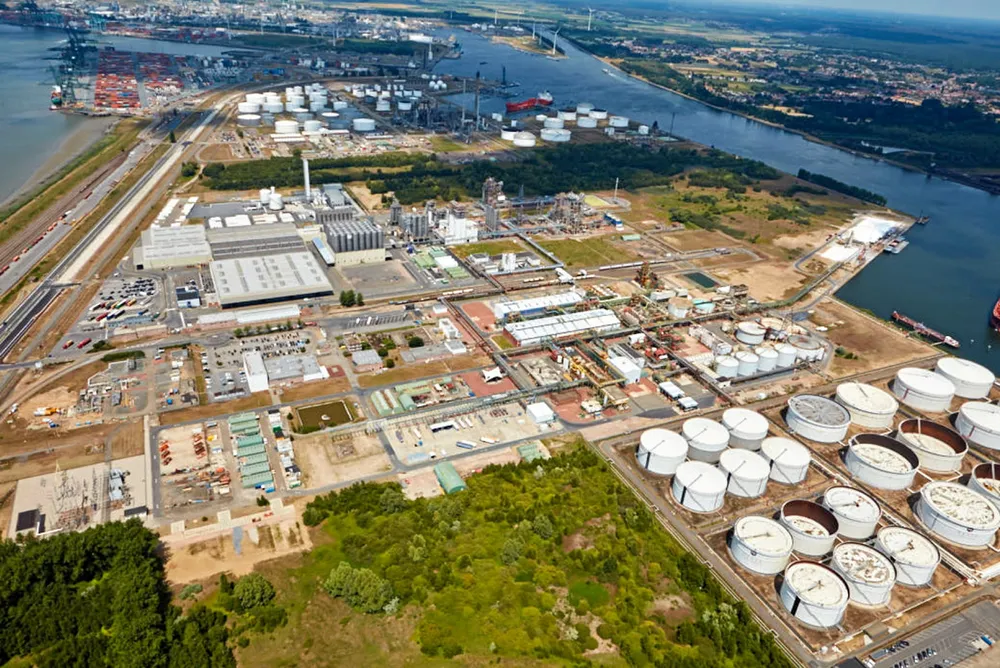Government-backed green hydrogen-to-methanol pilot in Belgium scrapped due to 'escalating costs'
Consortium admits that no offtakers were willing to lock into long-term contracts at current prices

Consortium admits that no offtakers were willing to lock into long-term contracts at current prices
